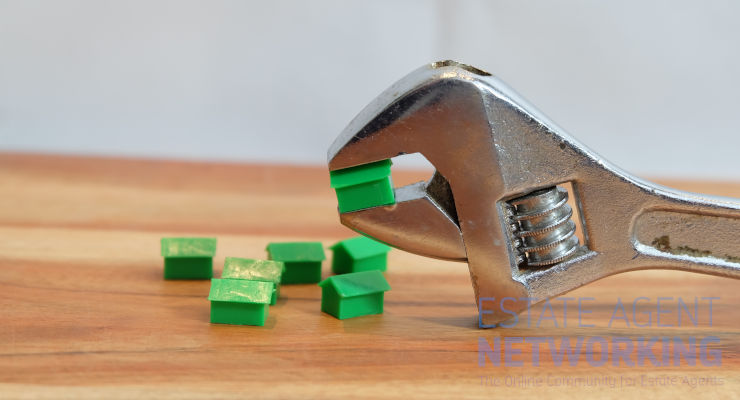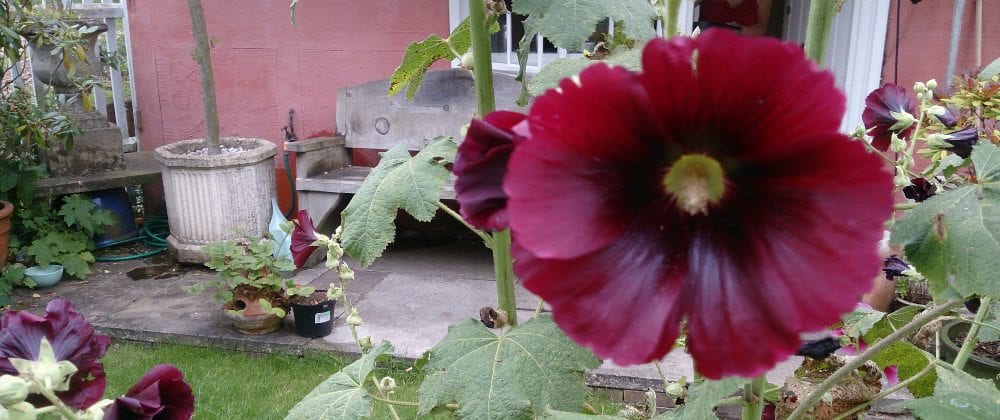Housing affordability lowest level in a decade in 2018
Forget the good old days – Housing affordability was at its highest in 2016 but 2018 brought the lowest level in a decade
The latest research from property finance specialists, One77 Mortgages, has looked at how house price affordability has really changed over the years and when homeownership was at its most obtainable, based not just on wage to house price ratio, but with interest rates included.
Looking at data on average house prices and the average annual wage over the last two decades, the wage to house price ratio was at its lowest in 1998 when a property cost just £66,313 and earnings were £18,512 a year on average. However, what this doesn’t consider is that interest rates were at their highest in the last 20 years at 6.25% and the cost of borrowing money was far greater, in turn making the cost of homeownership much higher.
With this in mind, One77 have divided the wage to house price ratio of each year by the interest rate to reflect when homeownership was actually at its most affordable based on prices, wages and mortgage rates.
When doing so, it flips the look at affordability on its head, with 1998 ranked as the worst for housing affordability at 1.75.
The best year for housing affordability in the last 20 years was in 2016. The average house price was £205,937 and the average wage hit £23,816 resulting in a sky-high wage to house price ratio of 8.65. However, with home buyers enjoying record low interest rates of just 0.25%, 2016 scores just 0.03 for house price affordability when considering this borrowing affordability as well as house prices and earnings.
In fact, with home buyers enjoying rates as low as 0.5% since 2009, housing affordability has been at its lowest almost ever since, with 2017,2015, 2014, 2013, 2011, 2012, 2010 and 2009 all ranking as some of the most affordable in the last two decades to buy a house.
Unfortunately for home buyers in today’s market, 2018 saw the lowest level of housing affordability in the last 10 years (0.084) as interest rates crept back up to 0.75%. Despite slower market conditions house prices continue to increase and although wages have also seen some growth, it’s likely that affordability will be stretched further in 2019.
Managing Director of One77 Mortgages, Alastair McKee, commented:
“Although house price to wage ratio is one of the biggest factors when determining house price affordability, it’s important that we don’t overlook additional influences such as the cost of borrowing money.
While existing homeowners hark back to the good old days of lower house prices, the fact of the matter is that the cost of borrowing is far, far lower now than it was twenty years ago.
With this considered, it’s fair to say that we’ve just emerged from one of the longest periods of housing affordability that we’ve seen in quite some time. Although house price growth remains steady and wage growth has improved, something had to give and with interest rates starting to creep up, housing affordability is now starting to reduce.
A further rates increase is unlikely to materialise until a Brexit result is decided, so our advice for current home buyers would be to strike while the iron is hot, lock in a fixed rate now and take advantage of the relative housing affordability still on offer before this evaporates further.”
|
Year
|
Average House Prices
|
Interest Rates
|
Annual Wage
|
Wages to House Price Ratio
|
Housing Affordability with Interest Rates*
|
|
2016
|
£205,937
|
0.25%
|
£23,816
|
8.65
|
0.029
|
|
2017
|
£211,433
|
0.5%
|
£23,816
|
8.88
|
0.056
|
|
2015
|
£197,044
|
0.5%
|
£23,712
|
8.31
|
0.060
|
|
2014
|
£189,002
|
0.5%
|
£23,348
|
8.09
|
0.062
|
|
2013
|
£174,444
|
0.5%
|
£23,192
|
7.52
|
0.066
|
|
2011
|
£164,785
|
0.5%
|
£23,608
|
6.98
|
0.072
|
|
2012
|
£162,924
|
0.5%
|
£23,348
|
6.98
|
0.072
|
|
2010
|
£162,971
|
0.5%
|
£24,024
|
6.78
|
0.074
|
|
2009
|
£162,116
|
0.5%
|
£24,284
|
6.68
|
0.075
|
|
2018
|
£214,178
|
0.75%
|
£24,128
|
8.88
|
0.084
|
|
2008
|
£156,828
|
2%
|
£24,492
|
6.4
|
0.312
|
|
2003
|
£133,903
|
3.75%
|
£22,880
|
5.85
|
0.641
|
|
2005
|
£157,387
|
4.5%
|
£23,764
|
6.62
|
0.679
|
|
2006
|
£172,065
|
5%
|
£24,076
|
7.15
|
0.700
|
|
2004
|
£152,464
|
4.75%
|
£23,400
|
6.52
|
0.729
|
|
2007
|
£183,959
|
5.5%
|
£24,440
|
7.53
|
0.731
|
|
2002
|
£115,940
|
4%
|
£22,204
|
5.22
|
0.766
|
|
2001
|
£92,533
|
4%
|
£21,944
|
4.22
|
0.949
|
|
1999
|
£74,638
|
5.5%
|
£19,136
|
3.9
|
1.410
|
|
2000
|
£81,628
|
6%
|
£21,320
|
3.83
|
1.567
|
|
1998
|
£66,313
|
6.25%
|
£18,512
|
3.58
|
1.745
|
|
* Housing Affordability = Wage to House Price Ratio/Interest Rates
|
|||||
|
Wage to House Price Ratio = House Price/Wage
|
|||||
|
Interest Rates: Bank of England
|
|||||
|
Annual Wage Date: ONS
|
|||||
|
Average House Price Data: ONS
|
|||||









